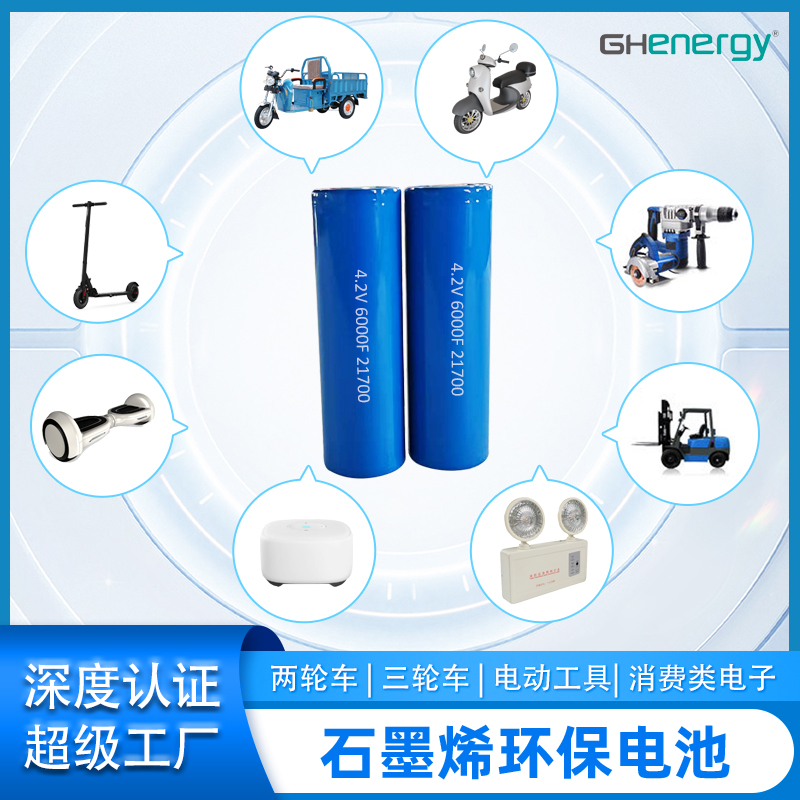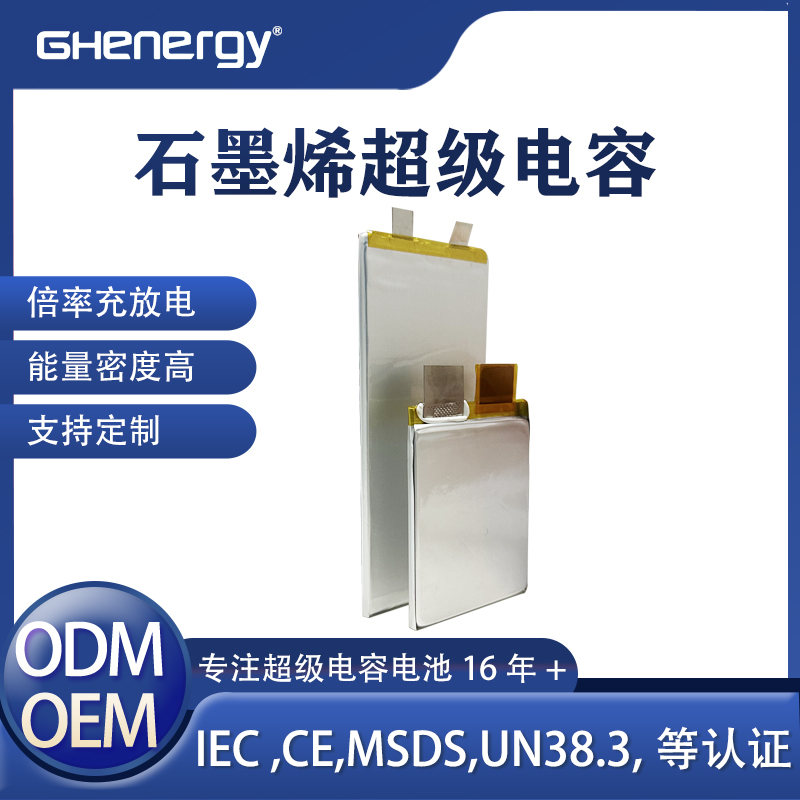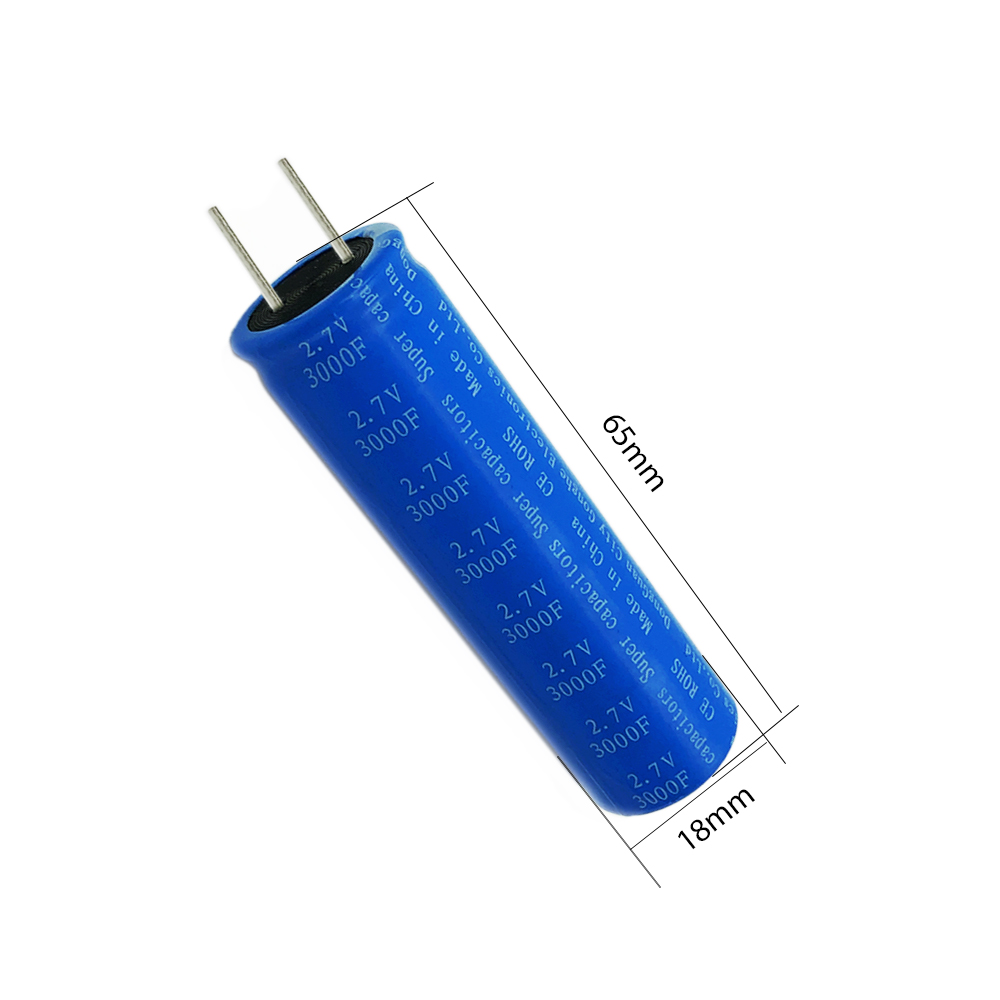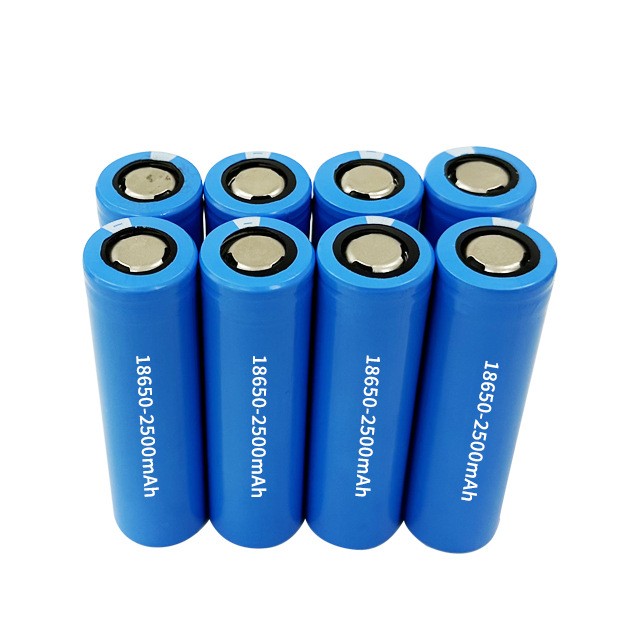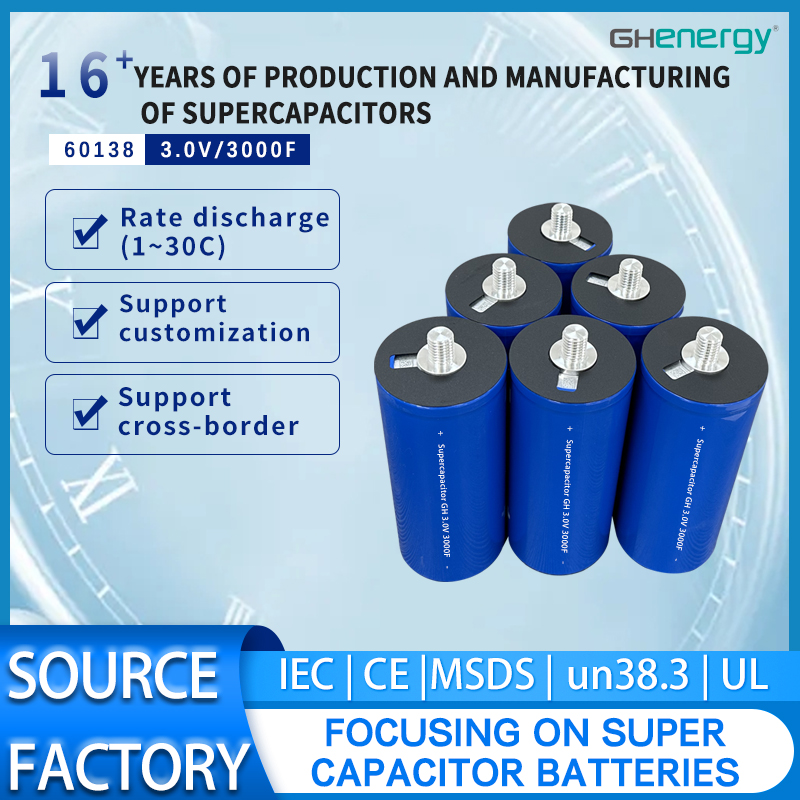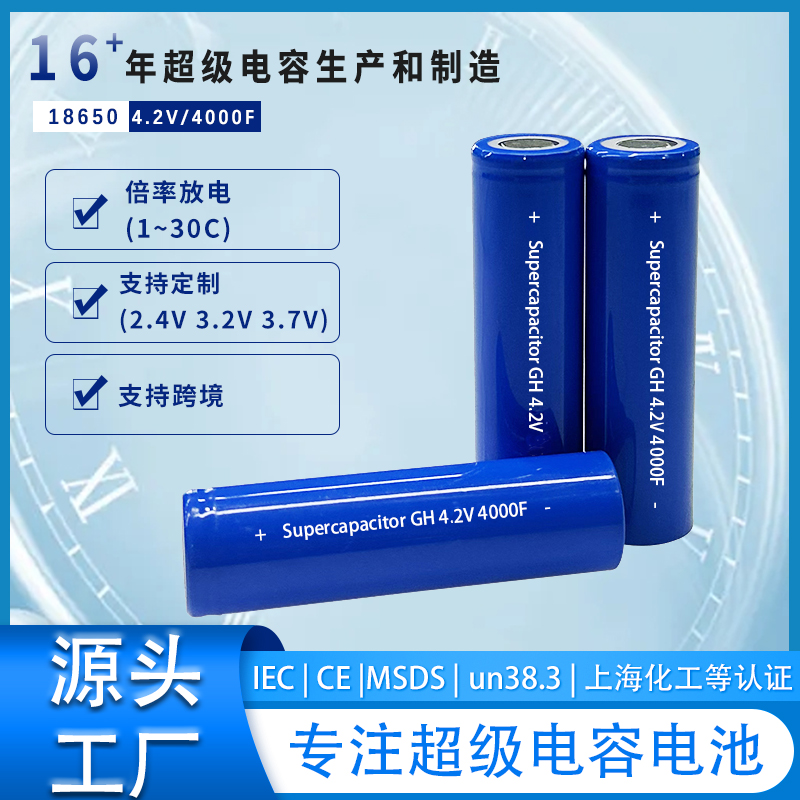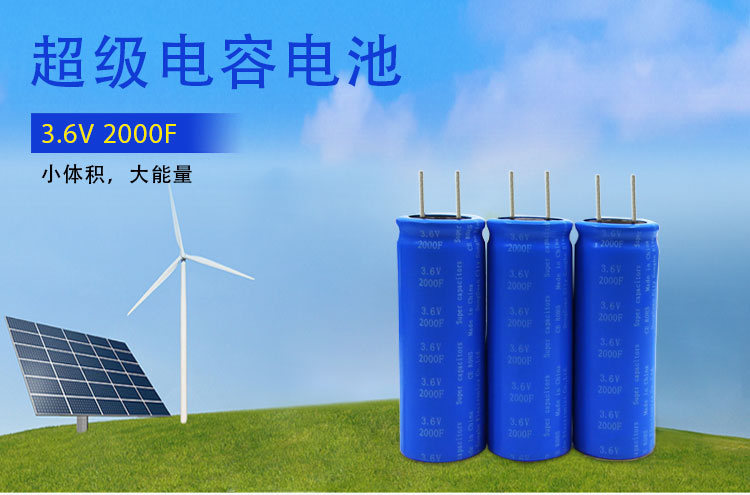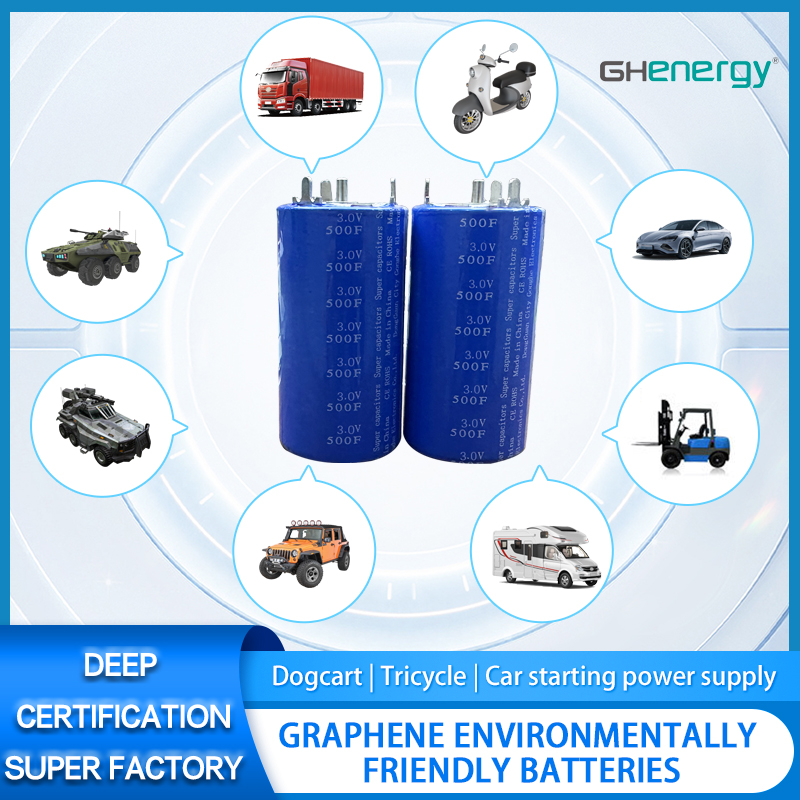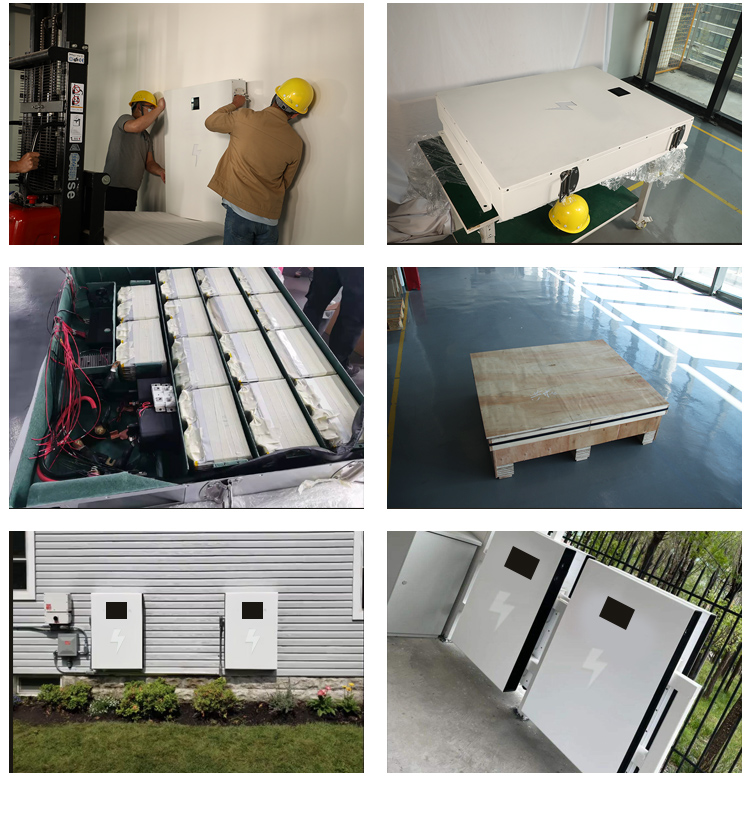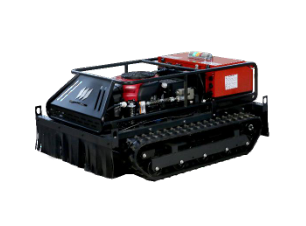
Wedoany.com Report-Dec 11,Recent memorandums of understanding signed by microreactor developer NANO Nuclear Energy will see it work with the US Department of Energy on evaluating the feasibility of siting its experimental microreactors at the Idaho National Laboratory; with the Togolese government on the potential deployment of its microreactors in West Africa; and with a Canadian startup company on integrating its technology with an innovative farming technique.
An MoU with US Department of Energy Idaho Operations Office will see NANO Nuclear work with the department and operator of the national lab Battelle Energy Alliance, LLC to progress the development, siting, and eventual testing of the ZEUS and ODIN microreactors. The agreement outlines core activities, such as site evaluations, support of Nuclear Regulatory Commission licensing activities, and the development of operational and security plans, including hazardous material management, with the parties collaborating to assess the suitability of INL's infrastructure and secure appropriate land-use agreements for supporting the experimental reactors.
The agreement, which will remain in place for five years with a renewal option, also includes provisions for regulatory coordination, communication strategies, and efforts to ensure environmental compliance under the National Environmental Policy Act.
"This partnership with DOE's Idaho Operations Office allows us to take multiple critical steps toward demonstrating the economic viability and real-world applications of NANO Nuclear's microreactor technology,” NANO Nuclear CEO and Head of Reactor Development James Walker said.
The ZEUS microreactor features a sealed, solid reactor core and a power conversion system that fit inside a single standard shipping container. ODIN is a low-pressure coolant reactor.
Togo agreement
Separately, the government of the Togolese Republic is to support NANO Nuclear's licensing and implementation efforts in the West African country under an MoU announced on 5 December. NANO Nuclear will be responsible for evaluating the specific regional needs for energy systems that can support remote mines, industries, data centres, towns, hospitals, and desalination plants throughout the country, without the need to connect to the national grid.
This is NANO Nuclear’s second such MoU in Africa, following an agreement with the Rwanda Atomic Energy Board (RAEB) signed in August. To help support a sustainable nuclear energy industry in Africa, NANO Nuclear said it will look to expand its collaboration with the RAEB and the African Institute for Mathematical Sciences' Next Einstein initiative to further expand the educational and vocational opportunities for young professionals throughout Africa. The company also said it plans to set up a training course for nuclear physicists and engineers in collaboration with Cambridge University and the Togo Ministry of Education.
Vertical farming
A non-binding MoU between NANO Nuclear and Vert2Grow Energy Solutions Inc - a start-up partnership between Food Security Structures Canada and Marina Point Capital Inc - will see the parties explore the integration of NANO Nuclear's portable microreactor technology Vert2Grow's innovative vertical farming solutions to deliver sustainable power and food production capabilities to remote communities.
The MoU seeks to address the challenges faced by remote and underserved areas, where access to reliable energy and food supply is limited, leveraging NANO Nuclear’s advanced reactor systems in development and FSSC’s proprietary controlled-environment agriculture technology, developing a comprehensive framework to deliver innovative solutions that NANO said "may eventuate in the execution of one or more definitive agreements".
FSSC is pioneering vertical farming systems that enable year-round, high-yield food production in challenging environments, by using advanced automation, energy-efficient lighting, and climate control technologies.
The collaboration's initial scope of work will include feasibility studies to evaluate the integration of microreactor and vertical farming technologies; identifying and shortlisting optimal locations for pilot projects, focusing on remote communities, disaster-prone areas, and industrial camps across sub-Saharan Africa, South America, Southeast Asia, and Northern Canada; the design and launch of a potential pilot programme by 2027, integrating a prototype microreactor system with a demonstration vertical farm; and developing outreach programmes to train local personnel in operating and maintaining the integrated systems. The collaboration is targeting a deployment timeline beginning in the early 2030s.
"This collaboration embodies NANO Nuclear Energy’s vision to deliver not just power, but transformative solutions for communities that need them most," Walker said. "By combining our plans for clean, portable nuclear power with state-of-the-art vertical farming systems, we are seeking to address two of the most critical needs in remote regions: reliable energy and food security."


